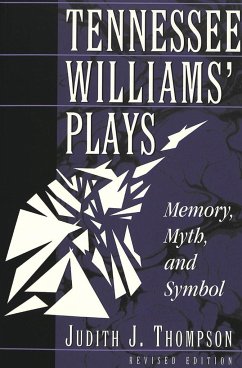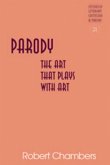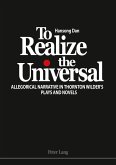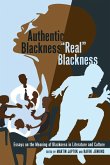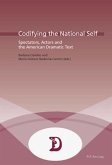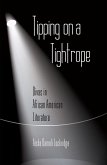This book identifies a recurrent structural pattern in Tennessee Williams' plays that lends organic integrity to their evocations of memory, myth, and symbol. Judith J. Thompson examines the evolution of a pattern of mythic recollection and existential reenactment in seventeen Williams plays - from its most successful realization in The Glass Menagerie through The Night of the Iguana to its parody in A Lovely Sunday for Creve Coeur - and explores the significance of the pattern to Williams' larger-than-life-size characters, his nostalgic ambience, and his tragicomic vision. By reference to Jungian psychology, existentialist philosophy, and Northrop Frye's schema of literary archetypes, this critical study demonstrates how Williams' drama imparts «mythic significance to modern secular experience.»
«'Tennessee Williams' Plays: Memory, Myth, and Symbol' is a moving book, the most sophisticated treatment yet of intertextuality in Williams' work. Those who appreciate the playwright with a love for literature more than welcome the book's long-delayed - but always expected - re-issue. With rare intellectual rigor and lucidity, Judith J. Thompson explores seventeen Williams plays and presents a compelling case for their structural continuities as well as thematic complexities. Her close readings are always breathtaking and her careful attention to mythology and symbolism is exemplary. The book is destined to be an essential chapter in the critical history of Tennessee Williams.» (Tomoyuki Zettsu, Lecturer in English at Tokyo Gakugei University, Tokyo, Japan; author of 'Broken Boundaries: Tennessee Williams and a Poetics of Androgyny')
«Dr. Thompson's book is the only full-length study that not only acknowledges Tennessee Williams' command of classical mythology, but also demonstrates how Williams structured his plays with these myths in mind. It is the finest full-length thematic study of Williams' plays since Nancy Tischler's 'Tennessee Williams: Rebellious Puritan' (1961), and it remains as timely now as when it was published. No serious student of Tennessee Williams' drama should neglect this important work.» (Robert Bray, Professor of English, Middle Tennessee State University; editor of 'The Tennessee Williams Annual Review'; Director of the Scholars' Conference at the Tennessee Williams Literary Festival)
«Judith J. Thompson's study of seventeen of Tennessee Williams' plays continues to be an insightful beacon to anyone concerned with his writing. By identifying the mythic vision underlying his dramas, she illuminates them both profoundly and comprehensively. The clarity of her argument allows readers not only to appreciate each of his works more deeply, but also to understand them in the context of Williams' evolving interpretation of a very human 'divine' comedy.» Elizabeth A. Schultz, Professor Emeritus of English at the University of Kansas; author of 'Unpainted to the Last: Moby-Dick and Twentieth-Century American Art')
«Dr. Thompson's book is the only full-length study that not only acknowledges Tennessee Williams' command of classical mythology, but also demonstrates how Williams structured his plays with these myths in mind. It is the finest full-length thematic study of Williams' plays since Nancy Tischler's 'Tennessee Williams: Rebellious Puritan' (1961), and it remains as timely now as when it was published. No serious student of Tennessee Williams' drama should neglect this important work.» (Robert Bray, Professor of English, Middle Tennessee State University; editor of 'The Tennessee Williams Annual Review'; Director of the Scholars' Conference at the Tennessee Williams Literary Festival)
«Judith J. Thompson's study of seventeen of Tennessee Williams' plays continues to be an insightful beacon to anyone concerned with his writing. By identifying the mythic vision underlying his dramas, she illuminates them both profoundly and comprehensively. The clarity of her argument allows readers not only to appreciate each of his works more deeply, but also to understand them in the context of Williams' evolving interpretation of a very human 'divine' comedy.» Elizabeth A. Schultz, Professor Emeritus of English at the University of Kansas; author of 'Unpainted to the Last: Moby-Dick and Twentieth-Century American Art')

